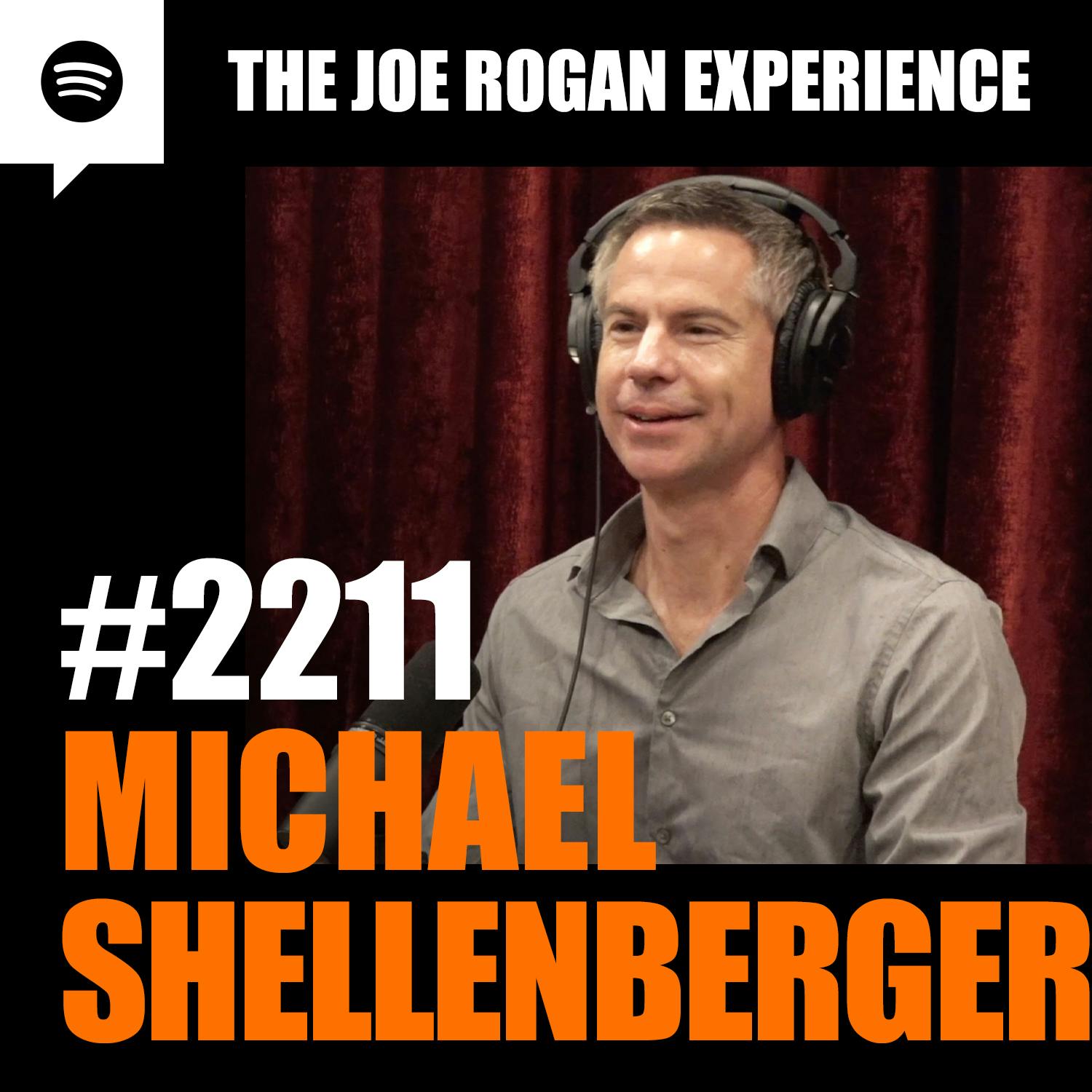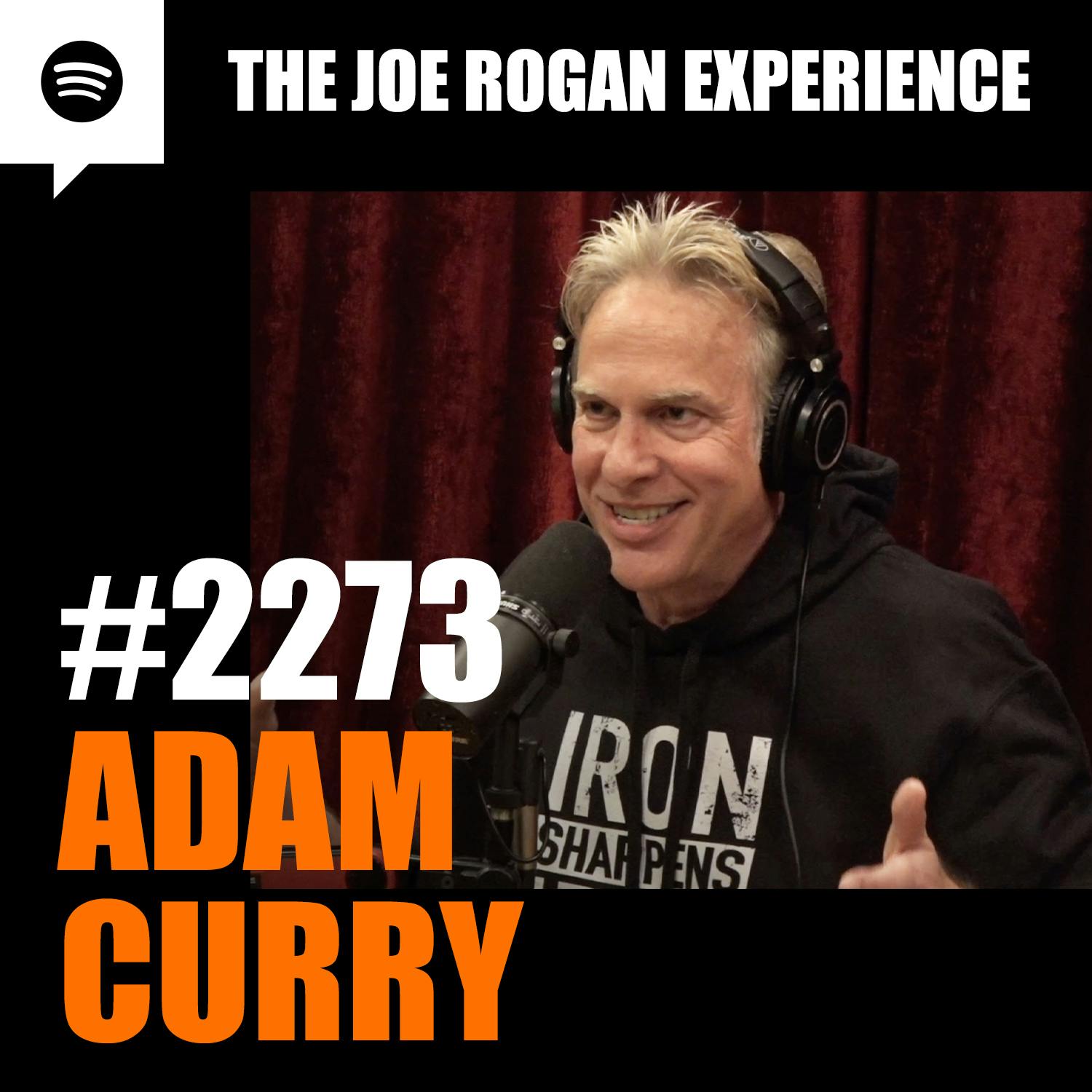
October 9, 2024 • 3hr 23min
#2211 - Michael Shellenberger
The Joe Rogan Experience

Key Takeaways
- Michael Shellenberger discusses his recent reporting on censorship and disinformation campaigns, particularly related to the Hunter Biden laptop story and UFO/UAP phenomena
- He argues there is strong evidence that government agencies like the FBI and CIA interfered in the 2020 election through disinformation and censorship efforts around the Hunter Biden laptop story
- Shellenberger believes the government is not being fully transparent about what it knows regarding UFOs/UAPs and is likely engaging in disinformation campaigns on the topic
- He advocates for stronger whistleblower protections and more congressional oversight to uncover the truth about government UAP programs
- Rogan and Shellenberger debate various theories about the nature of the UAP phenomena, from secret government technology to extraterrestrial visitors
- They discuss the challenges of drug policy, with Shellenberger favoring more restrictions while Rogan argues for greater personal freedom
- Both express concerns about social media censorship and argue for the importance of free speech
Introduction
Joe Rogan welcomes investigative journalist Michael Shellenberger to discuss his recent reporting on government censorship, disinformation campaigns, and unidentified aerial phenomena (UAPs). Shellenberger shares insights from his work on the "Twitter Files" and other investigations into how government agencies and tech companies have collaborated to control information. The conversation covers a wide range of topics including drug policy, free speech, social media censorship, and theories about the nature of UFOs/UAPs.
Topics Discussed
Censorship and Disinformation Campaigns (00:25)
Shellenberger discusses his recent reporting on censorship in Brazil, where the government has banned Twitter/X for refusing to censor certain accounts. He argues this is part of a broader global trend of governments trying to control online speech.
The conversation then turns to Shellenberger's work on the "Twitter Files," which revealed evidence of government agencies working with social media companies to censor content. He states:
"I'm very confident now in saying that both the FBI and the CIA interfered in the 2020 election because they ran this disinformation campaign whereby censorship was one part of it, but it was actually the part that came after the disinformation."
Shellenberger argues there was a coordinated effort to discredit and censor the Hunter Biden laptop story prior to the 2020 election. He believes this likely had a significant impact on the election outcome.
- The FBI had the laptop in December 2019 and knew it was legitimate, but later warned Facebook about potential "hack and leak" operations
- 51 former intelligence officials signed a letter claiming the laptop story had "earmarks of a Russian information operation"
- Social media companies were primed to censor the story when it broke in October 2020
UFOs and UAPs (2:26:40)
Shellenberger shares details from his recent reporting on a whistleblower who claims the Pentagon is illegally withholding information from Congress about a secret UAP program called "Immaculate Conception." He argues the government is not being fully transparent about what it knows regarding UFOs/UAPs.
"I'm very confident that the government is not revealing all that it knows. And that AARO, the organization that the Congress created to reveal what the government knows, did not reveal what it knows."
Rogan and Shellenberger debate various theories about the nature of the UAP phenomena:
- Secret government technology: Shellenberger is skeptical the U.S. has mastered anti-gravity propulsion, but says he's interviewed credible sources who claim we have
- Extraterrestrial visitors: Both agree it's statistically likely intelligent alien life exists, but are unsure if they're visiting Earth
- Interdimensional phenomena: They discuss Jacques Vallee's theories about UFOs potentially being interdimensional rather than extraterrestrial
Shellenberger advocates for stronger whistleblower protections and more congressional oversight to uncover the truth. He argues that even UFO skeptics should support full government disclosure.
Drug Policy and Personal Freedom (1:28:33)
Rogan and Shellenberger engage in a debate about drug policy, with Shellenberger favoring more restrictions while Rogan argues for greater personal freedom. Key points of discussion:
- Shellenberger cites statistics on rising drug overdose deaths (112,000 in 2022) as evidence stricter policies are needed
- Rogan argues prohibition creates more problems through the black market and empowers cartels
- They debate the merits of decriminalization vs. legalization for various substances
- Shellenberger advocates for a model closer to the Netherlands, with some decriminalization but continued prosecution of dealers
- Rogan argues personal freedom should be prioritized, drawing parallels to free speech and other personal choices
Shellenberger states: "I think you have to make a decision as a society because I mean, look, so Carl [Hart] is right that most people that do opioids or heroin don't become addicted. The people that do become addicted, most of them are able to quit on their own. So only a small percentage of people become so addicted that they die from it. But that's 112,000 deaths a year."
Social Media and Free Speech (49:20)
Both Rogan and Shellenberger express concerns about social media censorship and argue for the importance of free speech. They discuss:
- The challenges of content moderation at scale on social media platforms
- Government pressure on tech companies to censor certain viewpoints
- The importance of protecting unpopular speech
- Concerns about the rise of "woke" ideology and its impact on free expression
Shellenberger argues: "The most unscientific thing is when people say things like the science is telling us to do this. No, no, no, no. Science doesn't tell us to do anything. It's describing reality."
Cultural and Political Shifts (2:11:11)
Rogan and Shellenberger discuss broader cultural and political shifts they've observed:
- The rise of victimhood ideology and identity politics
- Changes in how racism and social issues are discussed compared to previous decades
- Concerns about the decline of personal responsibility and self-reliance
- The role of religion and traditional values in society
Shellenberger reflects: "I blame Obama. Everybody said that it's incredible. I mean, think about how Obama was raised by his white mom, you know, by a single mom, and his grandparents were there. She didn't teach him that he was a victim, that he was helpless against society."
Conclusion
The conversation between Joe Rogan and Michael Shellenberger covers a wide range of complex and controversial topics. They explore issues of government transparency, personal freedom, free speech, and unexplained phenomena. While they don't always agree, both emphasize the importance of open dialogue and express concerns about censorship and disinformation campaigns.
Shellenberger's investigative work highlights potential abuses of power by government agencies and tech companies in controlling information. He advocates for stronger protections for whistleblowers and more congressional oversight, particularly related to UAP programs. The discussion on drug policy reveals the challenges of balancing public health concerns with personal freedom.
Ultimately, both Rogan and Shellenberger argue for the vital importance of free speech and open inquiry in addressing society's most pressing issues. They see independent journalism and platforms for long-form discussion as crucial counterweights to institutional narratives and censorship efforts.









